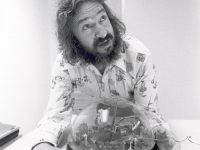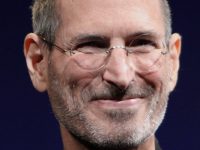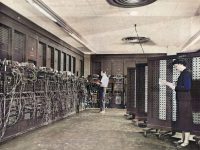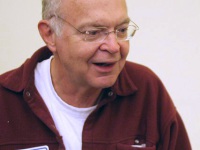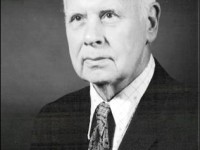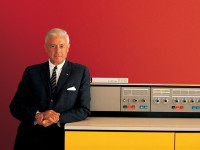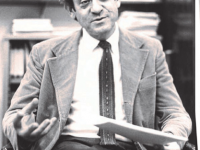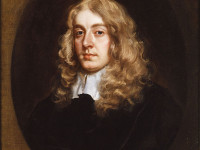Seymour Papert’s Logo Programming Language
On March 1, 1928, American mathematician, computer scientist, and educator Seymour Aubrey Papert was born. He is one of the pioneers of artificial intelligence, and co-inventor, with Wally Feurzeig, of the Logo programming language. Logo is remembered mainly for its use of “turtle graphics“, in which commands for movement and drawing produced line graphics either on screen or with a small robot called a “turtle“. “Should the computer program the kid or…
Read more

